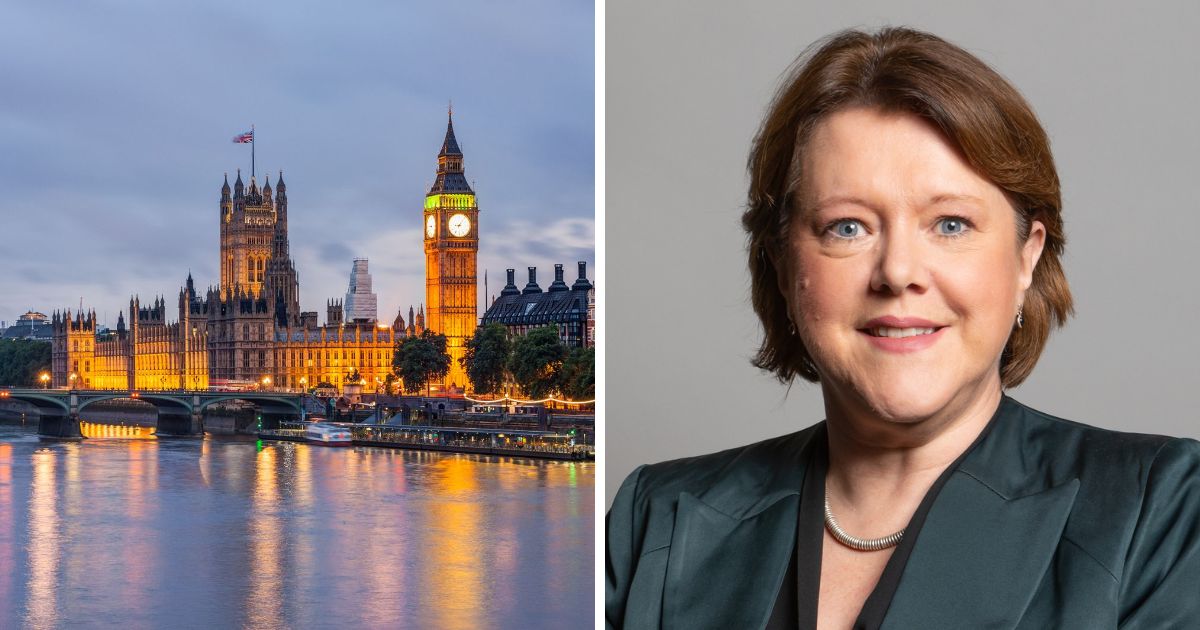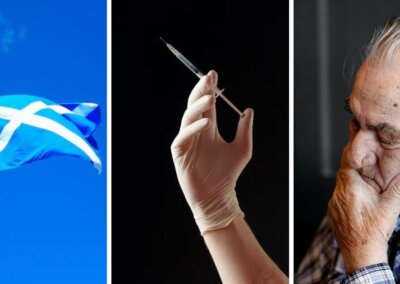An MP has brought forward a Bill to create sentencing guidelines in cases where a woman procures her own abortion..
Dame Maria Miller, who brought forward the Offences Against the Person Act 1861 (Sentencing Guidelines) Bill in the previous parliamentary session, has retabled the Bill that will require the Sentencing Council to issue sentencing guidelines for judges in relation to women who procure their own abortions.
Miller has advanced the Bill, which intends to issue sentencing guidelines with respect to sections 58 and 59 of the Offences against the Person Act. This proposal has been advanced at least partly in response to the tragic case in which the British Pregnancy Advisory Service sent out abortion pills to a woman whose baby, Lily, was at least 32 weeks gestation – 22 weeks beyond the legal limit for at-home abortions.
Although the text of the Bill has yet to be released, in a speech she gave in the summer, Miller implied that her intention is to prevent women from receiving custodial sentences in cases where they procure their own abortion.
No criminal sanctions for abortion at any stage of pregnancy
Stella Creasy MP and Diana Johnson MP have recently introduced two amendments to the Criminal Justice Bill that propose to remove offences that make it illegal to perform a self-abortion at any point right through to birth.
Johnson’s amendment would ensure there are no criminal sanctions for a woman who has an abortion at any stage of pregnancy. However, by amending the abortion law in this way, self-abortions will, de facto, become possible up to birth as women could deceive abortion providers about their gestational age (as in the case of Carla Foster, who pretended to be 7 weeks pregnant but took pills at 32-34 weeks gestation).
In such circumstances, neither the woman nor the abortion provider (who only has to act in “good faith” and does not need to verify gestational age via an in-person appointment) could be held accountable for a late-term abortion.
Prior to her tabling the amendment, during the debate on the Criminal Justice Bill, Johnson insisted that her proposal “would not change any law regarding the provision of abortion services within a healthcare setting in England and Wales”. However, since the majority of abortions now take place away from a clinical setting, women would be able to take abortion pills at home at any stage of their pregnancy up to birth without committing an offence.
Creasy amendment
Stella Creasy’s amendment would have similar effects to Johnson’s but goes further insofar as it also calls for the repeal of Section 60 of the OAPA, which concerns “[c]oncealing the birth of a child’.
Section 60 is currently used to make it illegal to hide the body of a dead newborn baby, including in circumstances when the baby has been killed through infanticide. Section 60 is also important in stopping individuals from preventing an investigation into the cause of a child’s death when infanticide is suspected.
Spokesperson for Right To Life UK, Catherine Robinson, said “Miller, Creasy and Johnson all express concern about the prosecution of women following illegal abortions. However, the obvious reason why there were so few prosecutions in the first 160 years following the legal prohibition on abortion established in the Offences Against the Person Act (1861), but an increase in the last few years, is because of the fact that over half of all abortions now happen without any in-person medical oversight”.
“In at-home abortions, since there is no mechanism to reliably establish the gestation of the unborn baby, an unknown number of abortions are now taking place after the 10-week limit. The baby Lily case is the most high-profile of these cases in which a woman had an at-home abortion without medical supervision when her baby was at least 32 weeks gestation, and it is possibly just the tip of the iceberg”.
“The practice of abortions taking place entirely outside of a clinical setting cannot end soon enough”.












